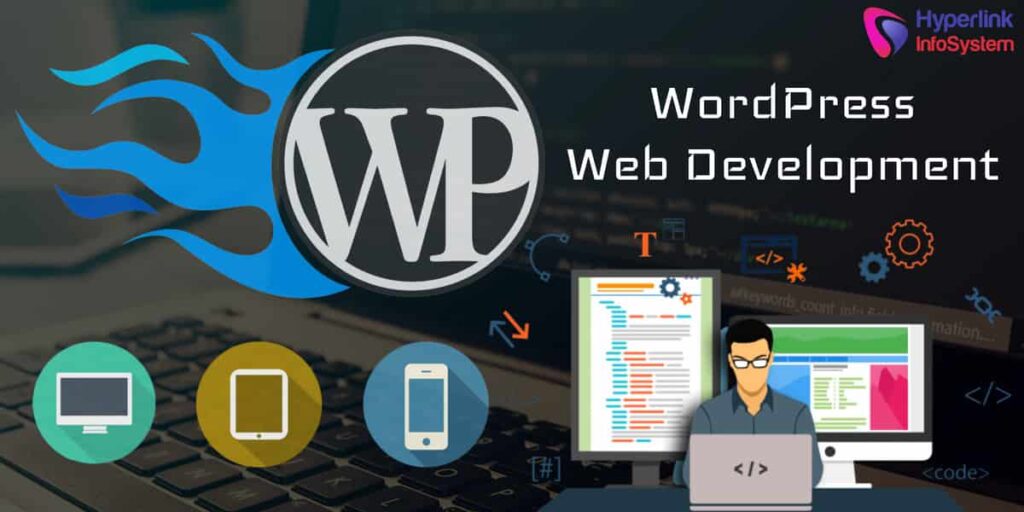In an era dominated by AI-driven web builders, headless CMSs, and advanced JavaScript frameworks, some might assume WordPress has lost its shine. Yet, as we move deeper into 2025, WordPress continues to stand tall as one of the most influential tools in a web developer’s toolkit. Whether building client websites, managing content at scale, or integrating modern technologies, WordPress remains a cornerstone of the web.
1. The Unmatched Reach of WordPress
WordPress currently powers over 40% of all websites on the internet—a staggering figure that no other CMS or framework has come close to matching. Its massive market share means:
- A steady stream of client demand for WordPress expertise.
- A rich ecosystem of plugins and themes that accelerate development.
- A global support network of developers, designers, and contributors.
For web developers, this dominance translates into a vibrant job market and ongoing relevance in freelance, agency, and enterprise contexts.
2. Open Source Flexibility and Control
Unlike many proprietary site builders, WordPress is fully open source, giving developers total control over code, architecture, and customization. This flexibility makes it ideal for:
- Creating custom plugins or themes tailored to specific business needs.
- Integrating APIs or third-party services without platform restrictions.
- Deploying WordPress in any hosting environment, from shared servers to cloud-native infrastructure.
For developers who value freedom and technical ownership, WordPress continues to provide unmatched adaptability.
3. Modern Development with the Block Editor and Full Site Editing
With the introduction of Gutenberg and Full Site Editing (FSE), WordPress has evolved beyond a simple blogging platform. The block-based editing experience allows developers to:
- Build dynamic, modular layouts using React-powered blocks.
- Create custom block types and patterns using modern JavaScript and PHP.
- Offer clients easy, drag-and-drop customization without breaking the site structure.
This hybrid of developer control and user empowerment keeps WordPress competitive against no-code platforms while retaining its professional depth.
4. Headless WordPress and the JAMstack Revolution
Developers today often pair WordPress with frontend frameworks like Next.js, Nuxt, or SvelteKit, using WordPress purely as a headless CMS.
By connecting through the WordPress REST API or GraphQL (via WPGraphQL), developers can build lightning-fast, secure, and scalable front-end experiences—all while leveraging WordPress’s robust backend for content management.
This combination bridges traditional CMS reliability with the performance and flexibility of the modern web stack.
5. AI Integration and Automation
In 2025, AI plays a major role in web workflows, and WordPress has evolved accordingly:
- Developers can integrate OpenAI, Hugging Face, or Anthropic APIs directly within WordPress environments.
- AI-powered plugins now assist in content generation, SEO optimization, and image enhancement.
- Workflow automation tools like WP-CLI, GitHub Actions, and CI/CD pipelines streamline deployment and testing.
WordPress has embraced innovation, not resisted it—ensuring developers stay productive and competitive.
6. Strong Community and Continuous Evolution
The WordPress community remains one of its strongest assets. Global events like WordCamp and Meetups encourage collaboration, while regular core updates ensure security, performance, and compatibility with emerging web standards.
For developers, this means constant learning opportunities, access to open documentation, and a thriving ecosystem that supports professional growth.
Conclusion: WordPress Is Still the Developer’s CMS
While newer platforms and frameworks continue to emerge, WordPress has demonstrated remarkable resilience by adapting to modern web practices without losing its accessibility and power. For web developers in 2025, it remains a vital platform for building scalable, secure, and customizable digital experiences—whether for small businesses, media companies, or enterprise clients.
WordPress isn’t “old.” It’s evolved—and it continues to prove why being open, flexible, and community-driven is the best way to stay relevant in the fast-changing world of web development.


